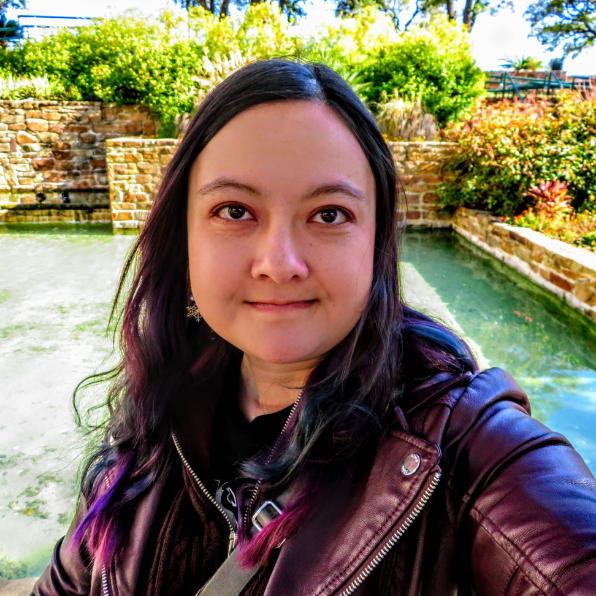
Dr. Christine O’Donnell
Christine O’Donnell is a Postdoctoral Research Scholar with a passion for understanding how the Universe works and sharing that knowledge with others. Her Ph.D. dissertation was a combination of (1) research into galaxy formation leveraging the power of both observations and simulations and (2) research into developing a framework for inclusivity-driven education in a general-education astronomy course. At Arizona State University, she is working with both the Center for Gender Equity in Science & Technology (CGEST) and the School for Earth & Space Exploration (SESE) to continue developing, implementing, and assessing inclusive science education. Her new science curricula will explicitly include principles of cultural relevance and intersectionality in order to empower students to connect science with their personal/sociocultural identities.
“I Could Hear You If You Would Just Calm Down”: Challenging Eurocentric Classroom Norms through Passionate Discussions of Racial Oppression
O’Brien, E. (2004). “I Could Hear You If You Would Just Calm Down”: Challenging Eurocentric Classroom Norms through Passionate Discussions of Racial Oppression. Counterpoints, 273. Retrieved from www.jstor.org/stable/42978603
For me, this article was a “light bulb moment” that emphasized why addressing DEI in STEM can be so difficult. While O’Brien isn’t specifically writing about STEM classes, she does discuss classroom norms that promote emotionless objectivity:
To this end, everything that displayed such “objectivity” became labeled as civilized, while anything emotionally expressive was deemed irrational, uncivilized, and thus deserving of domination by those in power. This dichotomy between reason and emotion not only serves as justification for colonization and oppression, but it also functions to suppress any revolution against oppression. (p. 69)
This prioritization of objectivity is even stronger in STEM where we often focus on quantitative results, facts, figures, and equations, which ignores that these things were all created by people and happened within historical/sociocultural/political contexts. To address DEI in STEM, we need to listen to and place value on peoples’ lived experiences, which by definition are not usually considered “objective” – which means we need to explicitly acknowledge and change the norms of STEM. O’Brien also offers some ideas for strategies to address tension that can be created when norms are changed.
Coming Out in Class: Challenges and Benefits of Active Learning in a Biology Classroom for LGBTQIA Students.
Cooper, K. M., & Brownell, S. E. (2017). Coming Out in Class: Challenges and Benefits of Active Learning in a Biology Classroom for LGBTQIA Students. Life Sciences Education, 15(3). Retrieved from doi.org/10.1187/cbe.16-01-0074
Active learning and small-group discussions are often touted as strategies to improve the teaching & learning of STEM topics. However, as this article describes, student experiences in these learning environments can be highly variable. This study focuses on LGBT+ students in an undergraduate biology course, and it includes powerful quotes from the students about their experiences. Active learning increased the relevance of students’ personal identities, which can also increase anxiety over coming out and/or experiencing anti-LGBT sentiments and microaggressions in class. Cooper & Brownell suggest strategies such as giving students the ability to choose their groups (to reduce anxiety) and setting clear classroom norms around accepting LGBT+ identities to maximize the potential of active learning. For a similar study that focuses on student experiences in peer discussions across gender, race/ethnicity, and nationality demographic groups, see Eddy et al. (2017), which also finds that student experiences in active learning environments can be highly variable.

